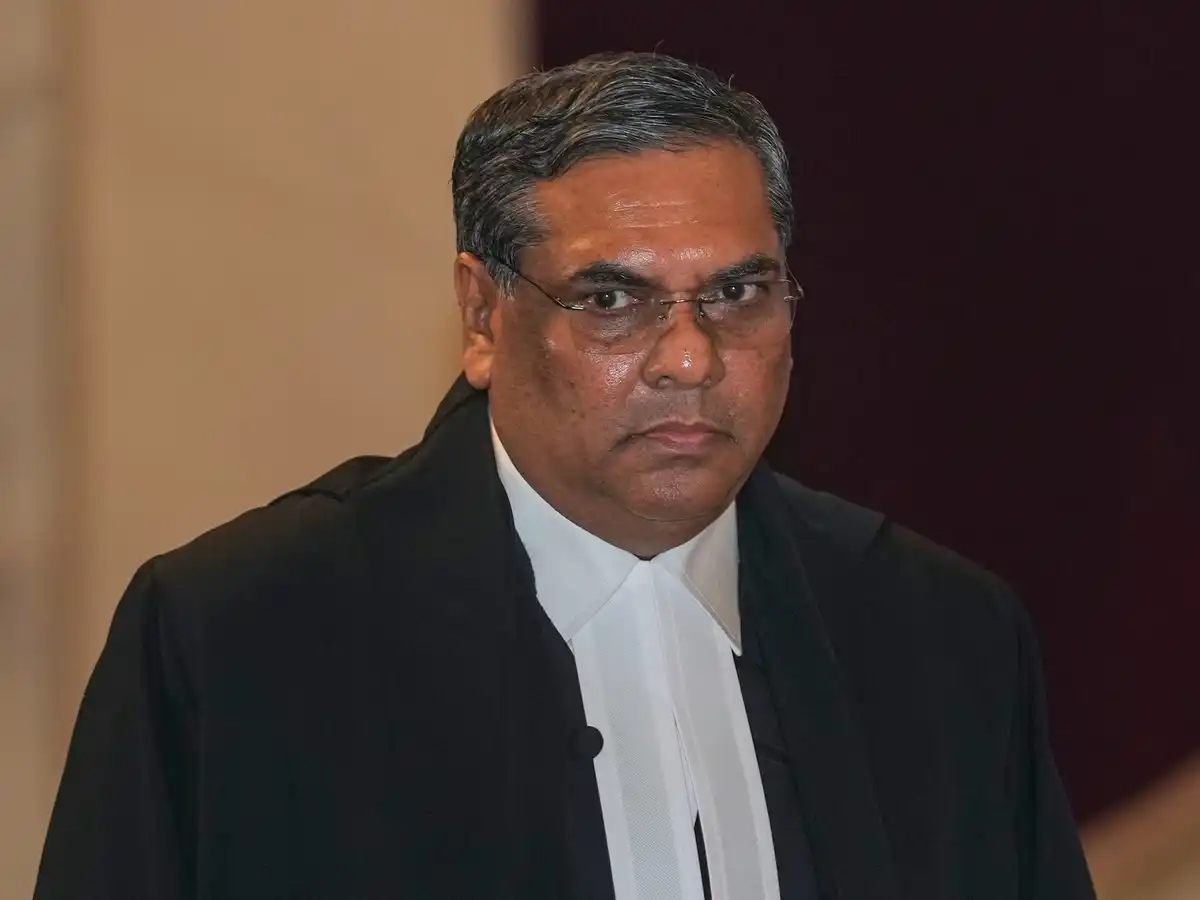Justice Sanjeev Khanna has officially taken on the role of Chief Justice of India. He listened to 45 cases on the initial day. Following this, he mentioned on Tuesday that requests for early hearings in any case will not be addressed verbally. To achieve this, he requested that the lawyers send an email or written correspondence.
Typically, attorneys request that their case be listed before the CJI’s bench ahead of schedule based on the case’s necessity. Nevertheless, CJI Sanjeev Khanna has explicitly indicated that there will be no written or verbal reference. Send only emails or letters. Sanjeev Khanna has developed a structure for judicial reforms.
CJI Sanjeev Khanna stated that it is the judiciary’s constitutional responsibility to ensure that justice is readily available to the public and to treat all individuals equally. In his initial statement on Monday, the CJI remarked that the judiciary plays a crucial role in governance. The Constitution assigns us the duty to safeguard essential rights. The Chief Justice stated that regarding equal treatment, providing everyone with a fair opportunity to attain justice is essential. Regardless of their authority or status. This demonstrates our fundamental principles.
He has also recognized the difficulties confronting the court. This encompasses decreasing the case backlog, making legal action affordable, and streamlining intricate legal procedures. He held the view that the justice system must address the needs of every individual.
Supreme Court stated in a declaration that the CJI intends to employ a focused methodology. It also stated that ensuring decisions are clear to the public and encouraging mediation will be the top priority. CJI Sanjeev Khanna has likewise stressed the importance of shortening the length of the case. He mentioned that the goal is to make the legal processes easier for the people.
Chief Justice Sanjiv Khanna expressed gratitude to the attorneys present in courtroom one. The CJI stayed in the courtroom until 2:30 pm and addressed 45 scheduled cases, the majority of which involved commercial matters. A bench led by the Chief Justice of India declined to hear the state government’s appeal regarding the arbitration ruling, which mandated the state government to provide a Mauritius-based firm with the promised tax incentives.

